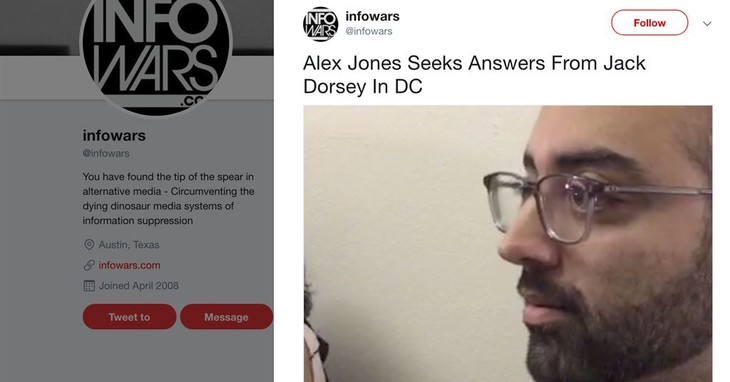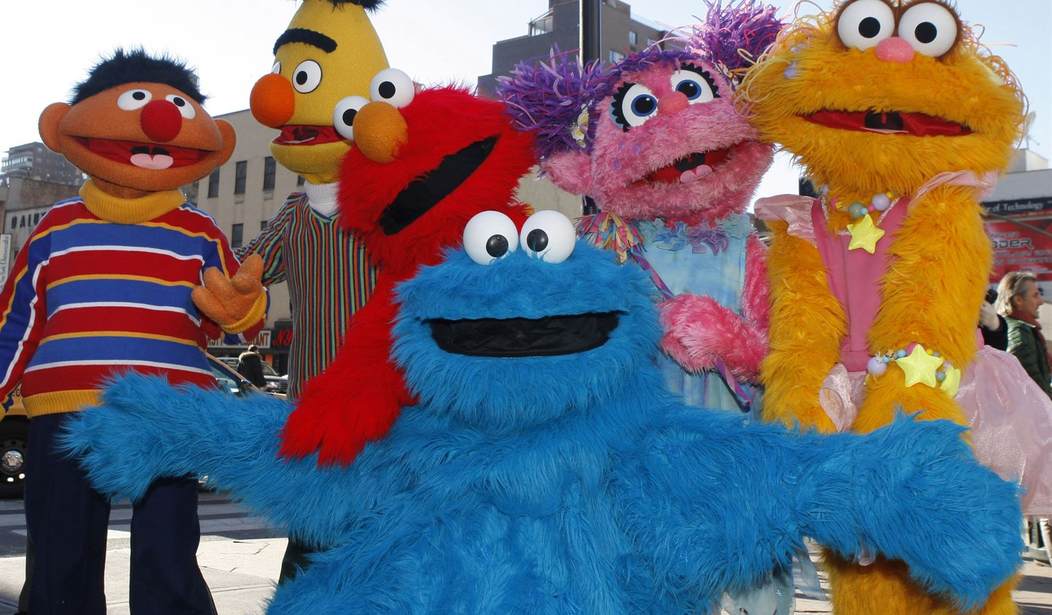While it is one of those cyclical news stories that mushrooms up every couple of years, the topic of public tax dollars has been lingering for at least a month now. When Elon Musk turned provocative and placed “Government-funded Media” labels on the Twitter accounts of National Public Radio, PBS, and other affiliated news outlets, it led to boisterous reactions. NPR quit the platform in a snit, and so did Canadian broadcaster CBC (which just cowered and returned to Twitter this week).
Following this melodrama, we now get another instance, provided by CNN’s legacy media guru, Oliver Darcy. At the outlet, Darcy highlights the issue seen in Oklahoma, as Governor Kevin Stitt is looking to end the state-backed initiative that supports Oklahoma’s PBS television network. Stitt vetoed a bill that would provide the funding needed to keep PBS on the air, reacting to what he says is the indoctrinating of children with sexualized content and LGBT𝜋 issues.
Darcy is following the playbook where public broadcasting is a sacrosanct topic, one that never can be looked at critically. It is with a small dose of amusement that we see this hand-wringing from Darcy over the possibility of these stations going dark, the same journalist who has lobbied to have Info Wars de-platformed and has long campaigned to have FoxNews, Newsmax, and OAN taken down from cable channel systems.
Yet, Darcy falls into a trap he sets for others because of this inability to step back and look over the particulars. By rushing headlong into his defensive coverage with preset narratives (Stitt “wages war”, his veto is an “attack”, etc.) the media maven at CNN provides some conflicting evidence, unintentionally. The fulcrum of all of this rests on the underlying issue of that recent controversy on Twitter, and Darcy fails to see that he has underscored Musk’s point.

What had the executives at NPR, PBS, the CBC, and others outraged was the implication that being state-funded implied there was a level of fealty to the state. The claims of “independence” are, of course, belied by the content from these outlets, but the focus here is on the other deflections that had been offered up. PBS, and its defenders, have been saying that the network only gets a single-digit percentage of its funding from the Federal government. This is a bit of a financial dodge, as I explained on a recent podcast.
A large portion of the revenues PBS takes in comes from the local affiliates who pay a licensing fee for the shows and programming from the parent broadcaster. Those fees are derived in large part from taxpayer dollars, either through the Corporation for Public Broadcasting (federal funding) are from state budget allocations. Looking at the issue in Oklahoma, how is the state PBS network threatened with going off the air as a result of this veto, if it is only receiving a miniscule amount from this funding?
Because in truth it is a much more substantial figure from the state. While trying to sell us on the fact that public broadcasters are not reliant on tax dollars there is always the mewling heard from the press when the idea is forwarded to remove public funding, and Darcy – in his rush to demonize the GOP – provides this conflicting data. He is slamming Governor Stitt because of the fact the Oklahoma Educational Television Authority receives a significant amount of its operational revenue from the state.
While the Oklahoma station receives $6.3 million in funding from donors and the Corporation for Public Broadcasting, $2.9 million comes from the state government. If Stitt’s veto is not overridden by the state legislature, it would send the station into uncharted territory and could prompt painful decisions to be made.
This means roughly one-third of the OETA funding arrives from the Oklahoma legislature. Add in the payouts it is also receiving from the CPB and you now see these claims of barely operating off of tax dollars is a laughable ruse. This underscores how the deception from the press is exposed in the contradictions in the reporting.
If public broadcasters get only a small fraction of their budget from the government then why is there always outrage when politicians (usually on the right) suggest pulling the funding and allowing them to operate independently? Look back at the conflicting arguments we usually hear: PBS barely takes in any taxpayer dollars, but if you stop it from receiving tax dollars then you are killing Big Bird! Likewise in Oklahoma, you cannot tell us they are not reliant on state taxes but then tell us Stitt is waging war and the stations will go dark if he vetoes the funding bill.
Oliver Darcy falls prey to this very mindset, but we should at least thank him. In his desire to cast Republicans as the evil empire he ends up proving that there is a valid reason it is called Public broadcasting; remove the public funding and suddenly you have no means to broadcast.














Join the conversation as a VIP Member